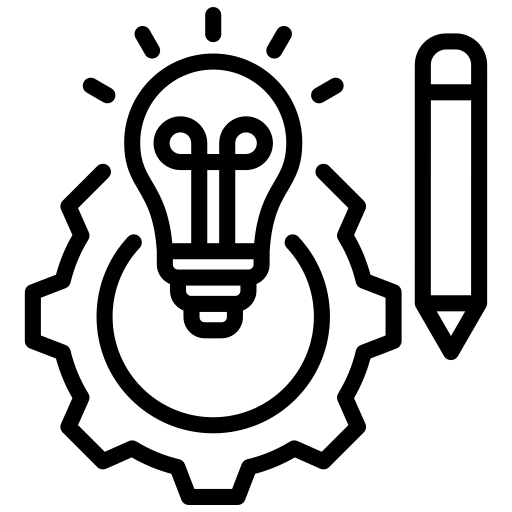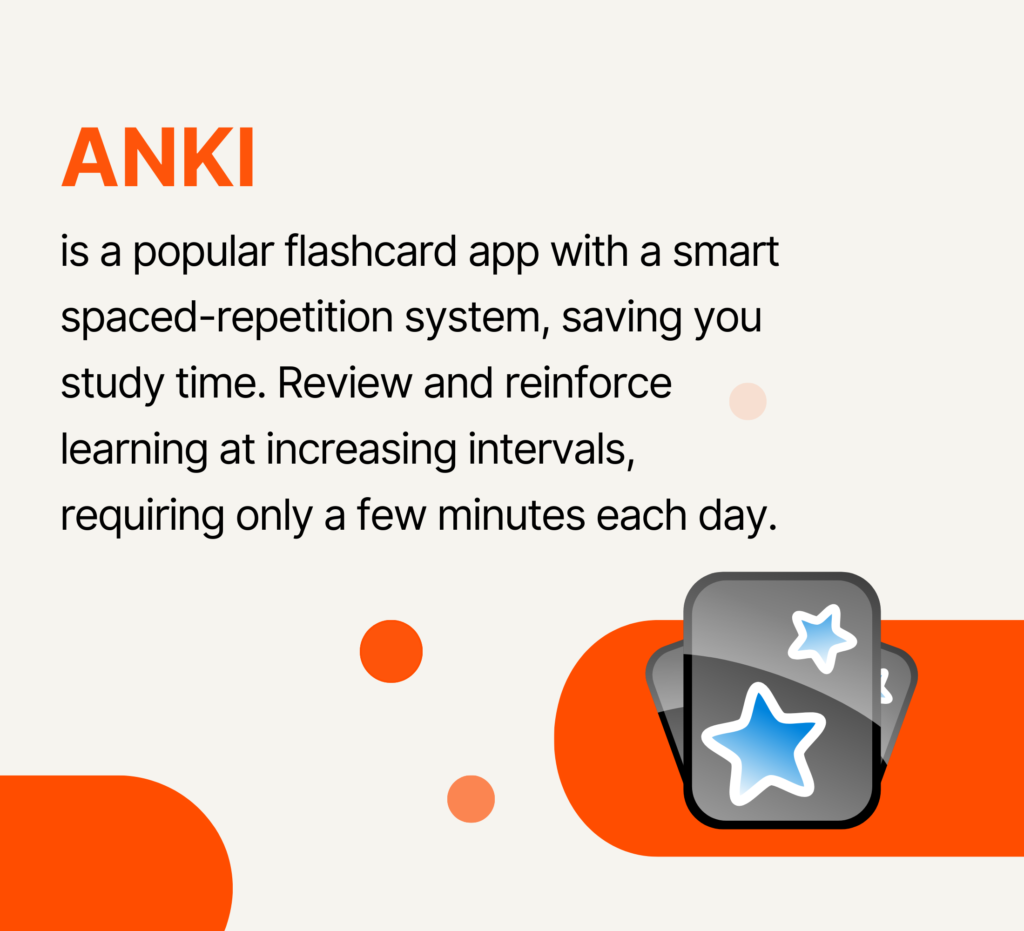Welcome to our German Course
Lesson 01: Hallo
How Our Method Works
01

Watch
a short video with an everyday dialogue.
02

Read
the dialogue out loud, or listen to the audio, pausing after each phrase to repeat it yourself.
03

Understand
Check the new grammar and vocabulary to understand the dialogues.
04

Practice
what you've learned with quizzes & exercises.
05

Memorize
words and phrases with our Anki flashcard deck.

Step 1: Watch

Step 2: Read
Anna: Hallo.
Max: Ich bin Max, und du?
Anna: Ich heiße Anna. Es freut mich dich kennenzulernen.
Max: Freut mich.
Am nächsten Tag…
Anna: Hallo Max!
Max: Hallo. Du bist Lena, richtig?
Anna: Nein, ich heiße Anna.
Max: Oh, Entschuldigung! Wie geht es dir, Anna?
Anna: Mir geht es gut, und dir?
Max: Auch gut, danke. Studierst du auch Biologie, Anna?
Anna: Ja, genau. Ich bin im ersten Semester.
Max: Ich auch. Bist du neu in München?
Anna: Ja, ich komme aus Berlin.
Max: Oh, das ist weit weg! Warum studierst du nicht in Berlin?
Anna: Ich möchte eine neue Stadt kennenlernen. Und die Uni in München ist gut.
Max: Ja, stimmt. Ich muss los. Tschüs!
Max: Hallo.
Anna: Hallo.
Max: Ich bin Max, und du?
Anna: Ich heiße Anna. Es freut mich dich kennenzulernen.
Max: Freut mich.
Am nächsten Tag…
Anna: Hallo Max!
Max: Hallo. Du bist Lena, richtig?
Anna: Nein, ich heiße Anna.
Max: Oh, Entschuldigung! Wie geht es dir, Anna?
Anna: Mir geht es gut, und dir?
Max: Auch gut, danke. Studierst du auch Biologie, Anna?
Anna: Ja, genau. Ich bin im ersten Semester.
Max: Ich auch. Bist du neu in München?
Anna: Ja, ich komme aus Berlin.
Max: Oh, das ist weit weg! Warum studierst du nicht in Berlin?
Anna: Ich möchte eine neue Stadt kennenlernen. Und die Uni in München ist gut.
Max: Ja, stimmt. Ich muss los. Tschüs!
| German | English |
|---|---|
| Max: Hallo. | Max: Hello. |
| Anna: Hallo. | Anna: Hello. |
| Max: Ich bin Max, und du? | Max: I am Max, and you are? |
| Anna: Ich heiße Anna. Es freut mich dich kennenzulernen. | Anna: My name is Anna. Nice to meet you. |
| Max: Freut mich. | Max: Nice to meet you. |
| Am nächsten Tag… | The next day… |
| Anna: Hallo Max! | Anna: Hello Max! |
| Max: Hallo. Du bist Lena, richtig? | Max: Hello. You are Lena, right? |
| Anna: Nein, ich heiße Anna. | Anna: No, my name is Anna. |
| Max: Oh, Entschuldigung! Wie geht es dir, Anna? | Max: Oh, sorry! How are you, Anna? |
| Anna: Mir geht es gut, und dir? | Anna: I’m good, and you? |
| Max: Auch gut, danke. Studierst du auch Biologie, Anna? | Max: I’m good too, thanks. Do you also study biology, Anna? |
| Anna: Ja, genau. Ich bin im ersten Semester. | Anna: Yes, exactly. I am in the first semester. |
| Max: Ich auch. Bist du neu in München? | Max: Me too. Are you new to Munich? |
| Anna: Ja, ich komme aus Berlin. | Anna: Yes, I’m from Berlin. |
| Max: Oh, das ist weit weg! Warum studierst du nicht in Berlin? | Max: Oh, that’s far away! Why don’t you study in Berlin? |
| Anna: Ich möchte eine neue Stadt kennenlernen. Und die Uni in München ist gut. | Anna: I want to get to know a new city. And the university in Munich is good. |
| Max: Ja, stimmt. Ich muss los. Tschüs! | Max: Yes, that’s right. I have to go. Bye! |

Step 3: Understand
Max: Hallo.
Anna: Hallo.
Max: Ich bin Max, und du?
Anna: Ich heiße Anna. Es freut mich dich kennenzulernen.
Max: Freut mich.
Am nächsten Tag…
Anna: Hallo Max!
Max: Hallo. Du bist Lena, richtig?
Anna: Nein, ich heiße Anna.
Max: Oh, Entschuldigung! Wie geht es dir, Anna?
Anna: Mir geht es gut, und dir?
Max: Auch gut, danke. Studierst du auch Biologie, Anna?
Anna: Ja, genau. Ich bin im ersten Semester.
Max: Ich auch. Bist du neu in München?
Anna: Ja, ich komme aus Berlin.
Max: Oh, das ist weit weg! Warum studierst du nicht in Berlin?
Anna: Ich möchte eine neue Stadt kennenlernen. Und die Uni in München ist gut.
Max: Ja, stimmt. Ich muss los. Tschüs!
| German | English |
|---|---|
| hallo | hello |
| sein | to be |
| ich | I |
| ich bin | I am |
| und | and |
| du | you |
| heißen | to be called |
| ich heiße | I’m called / my name is |
| Es freut mich. | It delights me. |
| dich | you (accusative) |
| kennenlernen | to get to know |
| Es freut mich dich kennenzulernen. | Nice to meet you. |
| du bist | you are |
| Freut mich. | Nice to meet you. (short form) |
| richtig | right |
| nein | no |
| Entschuldigung. | Sorry. |
| wie | how |
| Es geht. | It goes. |
| dir | to you (dative) |
| Wie geht es dir? | How are you? |
| Mir. | to me (dative) |
| auch | also |
| studieren | to study |
| du studierst | you study |
| die Biologie | biology |
| ja | yes |
| genau | exact |
| erster | first |
| Ich bin im ersten Semester. | I’m in the first semester. |
| neu | new |
| kommen | to come |
| ich komme | I come |
| aus | from, out |
| das | that |
| es ist | it is |
| weit | far |
| weg | away |
| warum | why |
| nicht | not |
| möchten | to want |
| ich möchte | I want |
| ein/eine | a |
| die Stadt | city |
| der/die/das | the |
| gut | good |
| die Uni | university |
| Stimmt. | That’s right. |
| müssen | have to |
| Ich muss los. | I have to go. |
| Tschüs. | Bye. |

Step 4: Practice
Step 5: Memorize
Anki is a smart flashcard app which makes remembering things easy. After purchasing our course, you can download our flashcard deck here.



